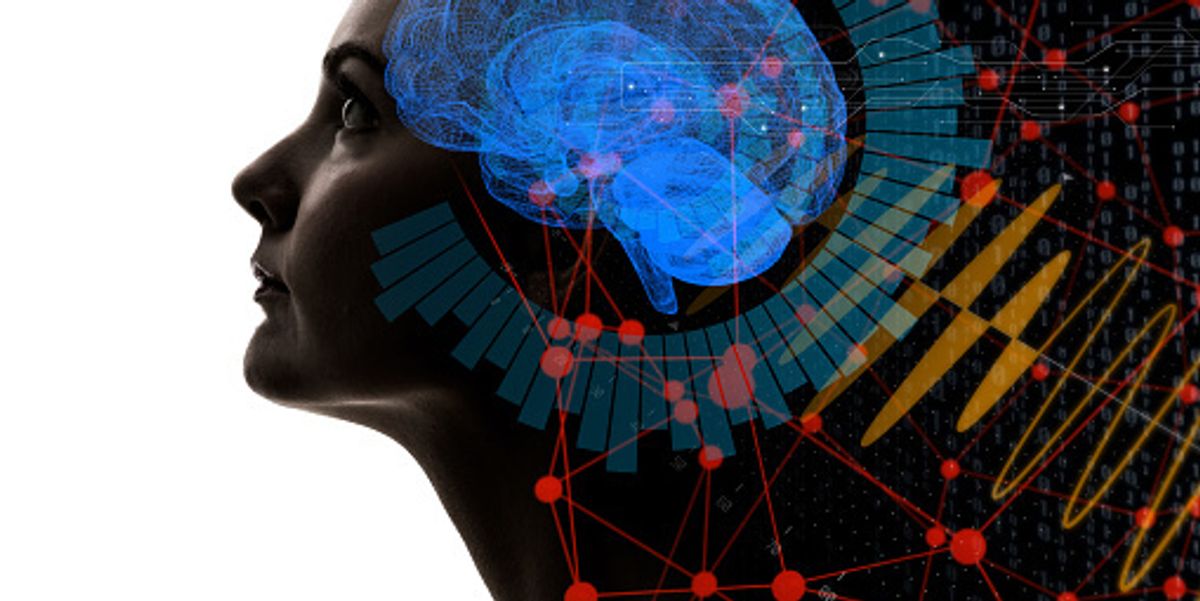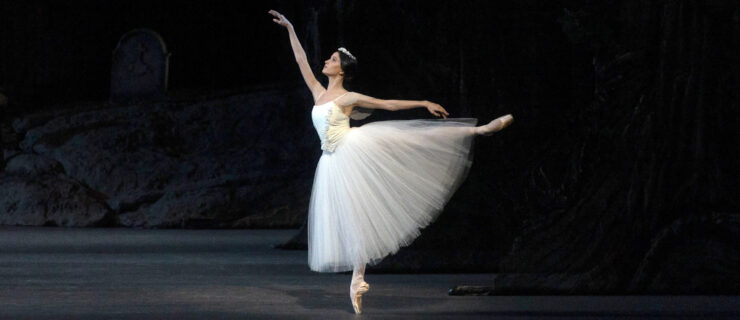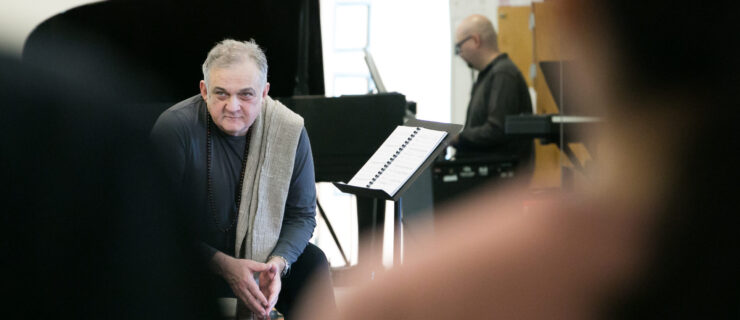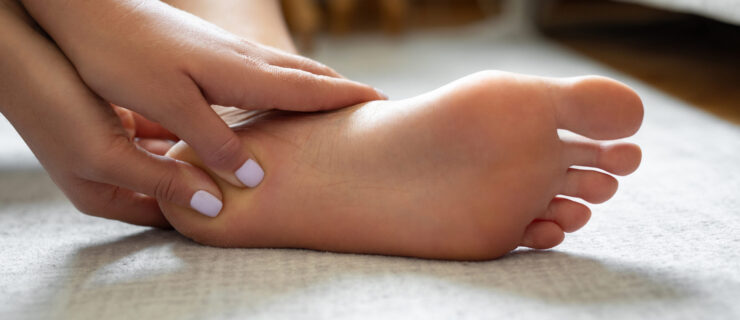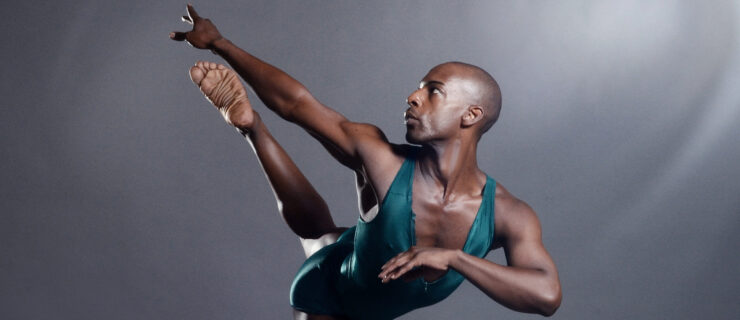Dancing Hones Your Body, But What Does It Do to Your Brain?
Dancing can be exhausting—on your body and brain. Neuroscientist Agnieszka Burzynska, from Colorado State University, understands this. “I did some modern dancing myself back in high school. I remember how hard it was to remember a sequence, and then our teacher would say, ‘Now let’s flip it to the other leg!'”
But does this mental work lead to long-term changes in the brain? In a recent study, Burzynska and her team looked at 40 female college students: half highly trained in modern dance, and half non-dancers. They had the subjects do various tasks—from watching dance videos to remembering the location of dots on a screen—and used scanners to look at their brain structure and activity. Here’s what they found:
Dance-specific Smarts
Dancers’ brains are better are at processing dance-related tasks—but not necessarily better at everyday cognitive performance, like memory or processing speed. In other words, just because you’re a pro at catching onto choreography, “it doesn’t mean it makes you smarter at school,” says Burzynska. This is consistent with previous studies from other researchers. “If you train at something, you get better at it. That doesn’t mean you will become more intelligent in general.”
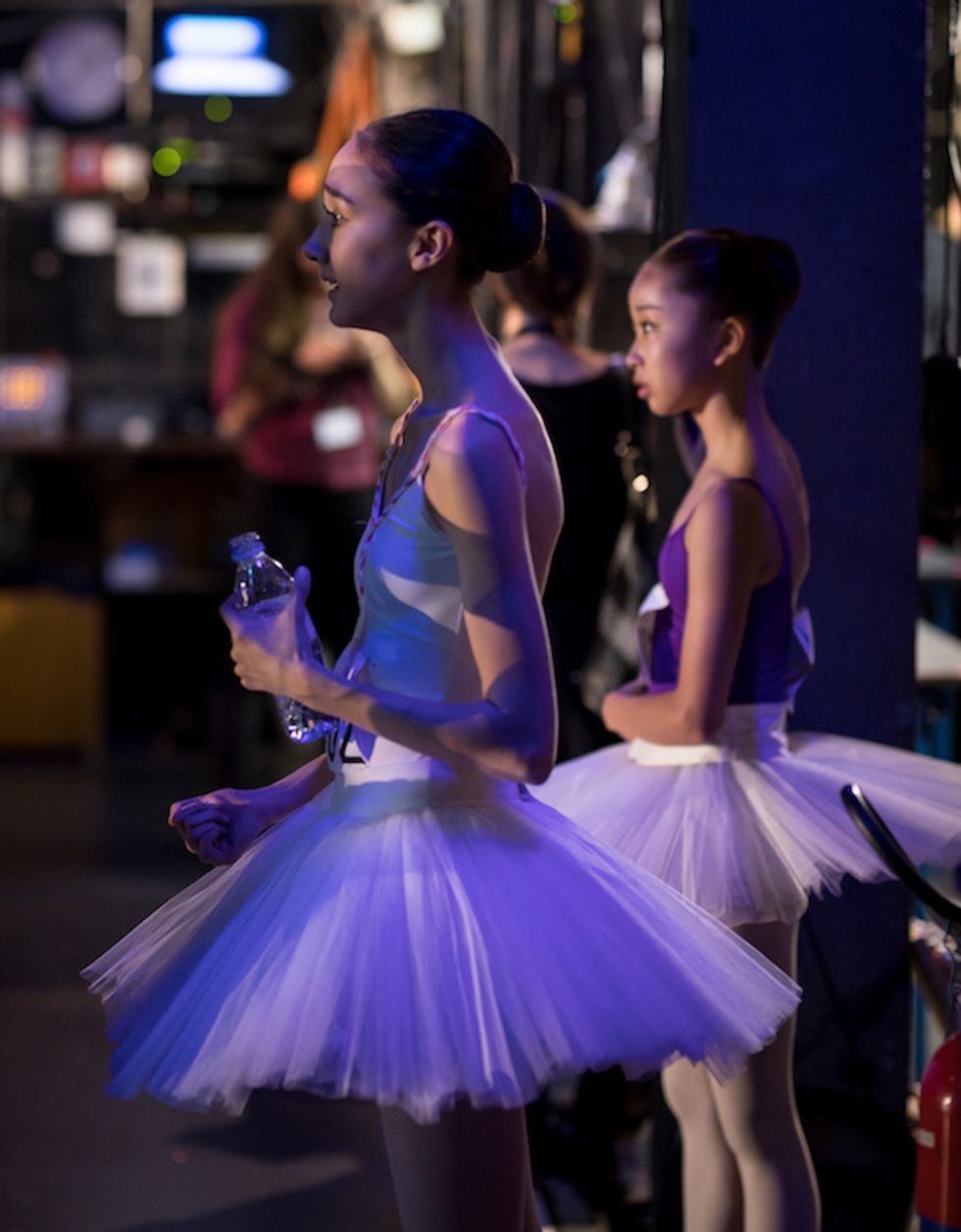
Competitors watching from the wings at Prix de Lausanne. Photo by Gregory Batardon, Courtesy Prix de Lausanne.
A Great Ability to Focus—on Dance
Dancers are, however, better at focusing on dance. When watching a performance, a dancer’s brain hops into action, almost as if she were dancing the piece herself. Burzynska and team showed this performance-triggered “action observation network” is stronger in dancers than non-dancers. “This allows them to watch a choreography and engage in it and possibly remember it,” she says. They’re also better at telling themselves to pay close attention. “Dancers may indeed be better at telling this action observation network that, hey, we’re observing dance, let’s focus on it, let’s do the work.”
A Typical-sized Brain
Previous studies on people who perform activities like golf and juggling show their brains get bigger in relevant areas. But Burzynska and team found little difference between dancers and non-dancers. So do dancers use their brains less than golfers or jugglers? No, but their training is more multidimensional, meaning increases to brain size may be spread out among more regions. Or their brains may have grown once upon a time, then settled back down. “Our brains cannot keep growing,” says Burzynska. “We have a limited skull.”
Speedier Paths
The researchers also looked at how the brain cells are connected. They found some differences between dancers and non-dancers in the bundle of connections that carries information from the tops of our brains down to our bodies. Burzynska speculates the dancers’ connections are thicker (but can’t know for sure without cutting into the subjects’ brains). “And the thicker they are, the faster they can conduct the signals. This of course can help for better motor performance, or better body coordination.”
 Boston Ballet dancers in rehearsal with William Forsythe. Photo by Liza Voll, Courtesy Boston Ballet.
Boston Ballet dancers in rehearsal with William Forsythe. Photo by Liza Voll, Courtesy Boston Ballet.
Different Connectivity—for Good or Bad
The researchers also compared the connections that form when people learn a physical skill. Burzynska says, “Sometimes dancers had stronger connectivity between some regions, and sometimes they had weaker connectivity between regions.” Although she can’t say exactly what this means, she highlights that stronger doesn’t always mean better. “We just know that the brain adjusts to the needs.”
An Optimistic Outlook
Overall, “what we observed were pretty subtle differences,” Burzynska says. “But I wouldn’t say it’s not enough, or it’s not big so it’s not optimistic. Honestly, if the brain was very different, I think we would worry a bit.”
That’s because the brain, she says, is already well designed and must remain in balance. “If dancers had huge differences, and were outperforming at some functions, I’m afraid it could come at some other cost.”
So while dancing won’t make you a genius, it’ll improve your brain exactly as much as it needs to make you a better dancer.
